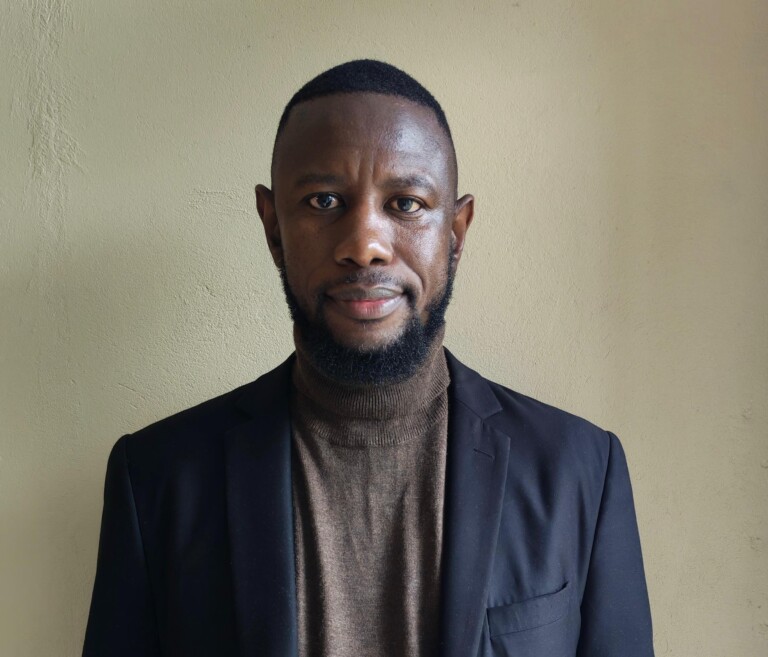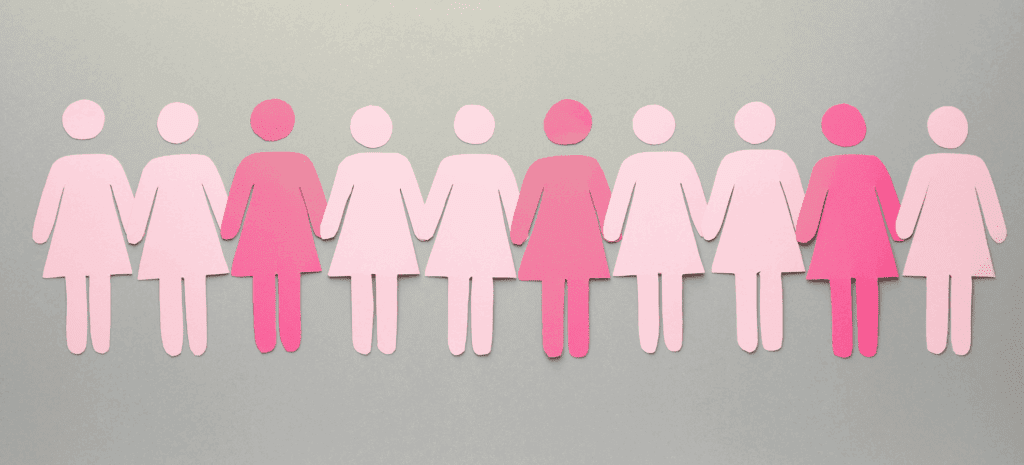The GNU at a Crossroads – Advancing Transformation or Entrenching Inequality?

As the Government of National Unity takes shape, the 2026 Local Government Elections will be the first real test: will political inclusion deepen economic transformation, or will it simply diversify the face of inequality?
Inequality in South Africa manifests in multiple ways—across race, gender, geography, and economic opportunity. These inequalities are not only historical but are continuously reproduced through institutional and political processes. Women make up approximately 51% of South Africa’s population, with young women forming a significant portion of that demographic. Political parties such as the ANC, EFF, and others have adopted 50/50 gender representation policies, while parties like the DA emphasise meritocracy. However, we must ask whether numerical representation is enough. Does the presence of young black women in party lists or public office translate into structural change, or are we seeing a cosmetic shift that leaves the roots of inequality untouched?
The impact of inequality, racial oppression, and gender exclusion is most visible in black communities, where young black women are disproportionately affected. Their exclusion is structural, not incidental. Political parties may parade progressive gender policies, but these must be matched with outcomes-based deployment. It is not enough to be seen; one must also be empowered to lead and deliver.
Take, for example, the National Assembly. While women from multiple parties are represented, gender issues still struggle to find policy traction. At the local level, where basic service delivery is most urgent, the marginalisation of women has a material impact. In under-resourced municipalities, especially in rural and peri-urban areas, young black women face daily struggles for survival. Some turn to precarious means of income, including transactional relationships, to meet basic needs. In such contexts, representation must go beyond symbolism.
Our experience over six local government election cycles reveals a mixed picture. While some female mayors have improved service delivery outcomes, representation alone does not automatically lead to better access, faster services, or inclusive growth. This is especially evident in sectors like agriculture, energy, and infrastructure—where contracts often go to well-established, male-dominated, and frequently white-owned companies. These entities possess networks, capital, and capabilities that many black- and especially women-owned enterprises have historically been denied access to.
Therefore, as we approach the 2026 elections, we urge political parties to move from representativity-driven deployments to outcome-driven leadership. This does not imply women are incapable of delivery. Rather, it challenges the system to identify, support, and empower women who can champion collective leadership and drive transformation at scale.
One of the most pressing failures has been the reluctance of youth and women’s leagues within parties to endorse credible female candidates for strategic leadership positions. While women may comprise nearly half of municipal councils, executive roles—such as mayoral or committee chair positions—remain predominantly male. Even within municipal management, men dominate strategic and technical portfolios, while women are often placed in social development roles, reinforcing traditional gender biases.
In conclusion, transformation requires more than numerical inclusion. It demands a conscious, outcomes-focused approach to leadership and development. Women must be appointed not only because they tick a demographic box but because they are capable, empowered, and positioned to deliver real change. As the GNU evolves and elections approach, this is our opportunity to redefine transformation—not as symbolism, but as sustainable, inclusive development led by those most affected by inequality.

About the Author
Konanani Raligilia, member of Policy and Research Committee at Black Management Forum, NED at Earth Centre NPC, and Senior Lecturer in the Department of Jurisprudence at UNISA. He holds LLB (Univen), LLM Labour Law (University of Limpopo), and LLM International Law (University of Pretoria). His research interest covers employment law, human rights, and public international law






Responses